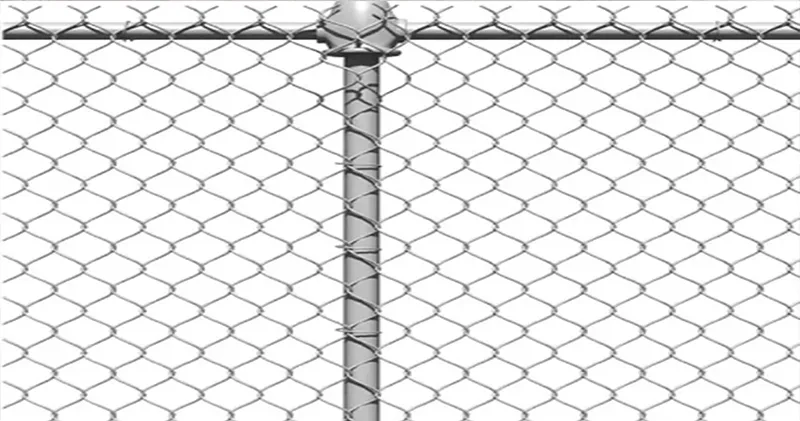-
 Phone:
Phone: -
 Email:
Email:

rock mesh retaining wall
Rock Mesh Retaining Walls An Effective Solution for Soil Retention
Retaining walls play a crucial role in civil engineering, especially in projects involving landscaping, road construction, and erosion control. Among the various types of retaining walls, rock mesh retaining walls have gained popularity for their effectiveness and aesthetic appeal. This article explores the features, benefits, and applications of rock mesh retaining walls, highlighting why they are an excellent choice for soil retention and stabilization.
What is a Rock Mesh Retaining Wall?
A rock mesh retaining wall consists of a structure built using wire mesh filled with rocks. The mesh, often made of high-strength steel, acts as a framework holding the rocks in place. The wall's primary purpose is to retain soil, preventing erosion and landslides in areas with significant elevation changes. Unlike traditional concrete or brick walls, rock mesh walls are designed to blend seamlessly with natural landscapes, making them visually appealing.
Benefits of Rock Mesh Retaining Walls
1. Eco-Friendly Design One of the standout features of rock mesh retaining walls is their eco-friendliness. By using natural rocks and steel mesh, these walls minimize the carbon footprint associated with cement production. Additionally, the gaps in the mesh allow for vegetation growth, enhancing the ecological integrity of the surrounding area.
2. Durability and Strength Rock mesh walls are robust and resilient, capable of withstanding significant lateral soil pressure. The steel mesh provides structural integrity while the interconnected rocks contribute to stability. This combination allows the walls to endure harsh weather conditions and heavy loads, making them suitable for various applications.
rock mesh retaining wall

3. Cost-Efficiency Compared to traditional retaining walls, rock mesh retaining walls can be more cost-effective due to reduced material costs and easier installation processes. The use of local stones can further lower expenses, and the ability to build these walls in remote areas without heavy machinery adds to their economical advantages.
4. Versatile Applications Rock mesh retaining walls are versatile and can be used in numerous applications, from residential landscaping to large-scale civil engineering projects. They are particularly effective in steep terrain, where traditional walls may falter under aggressive soil movement.
5. Aesthetic Appeal The natural appearance of rock mesh retaining walls contributes positively to the visual landscape. Homeowners and landscape architects often prefer them for their ability to blend well with the environment, enhancing property value and overall aesthetics.
Applications in Construction
Rock mesh retaining walls are increasingly utilized in various construction projects. They are ideal for road embankments, hillside landscaping, and flood control measures. In urban environments, these walls can effectively manage stormwater runoff, protecting infrastructure while adding green spaces.
In conclusion, rock mesh retaining walls represent a viable and efficient solution for soil retention and stabilization. Their eco-friendly design, durability, cost-effectiveness, and aesthetic advantages make them a preferred choice for numerous construction and landscaping projects. As we continue to prioritize sustainable building practices, rock mesh retaining walls are poised to play an even more significant role in shaping resilient landscapes.
-
Wire Mesh for Every Need: A Practical SolutionNewsJul.25,2025
-
Steel Fences: Durable, Secure, and Stylish OptionsNewsJul.25,2025
-
Roll Top Fencing: A Smart Solution for Safety and SecurityNewsJul.25,2025
-
Cattle Farm Fencing Solutions for Maximum SecurityNewsJul.25,2025
-
Affordable Iron Binding Wire SolutionsNewsJul.25,2025
-
Affordable Galvanized Wire SolutionsNewsJul.25,2025
-
Wire Hanger Recycling IdeasNewsJul.25,2025








